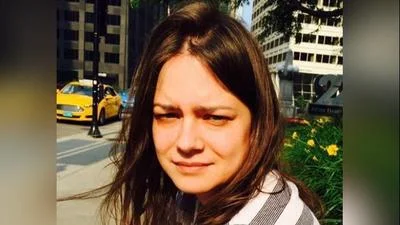Rep. Patricia Bellock’s (R-Hinsdale) concern for safety net hospitals was just as apparent at Tuesday’s House Appropriations Human Services Committee hearing as it was at a previous hearing.
Like the Jan. 30 hearing, Bellock thanked Rep. Gregory Harris (D-Chicago) for leading the legislative working group laboring over SB1773, a high-level proposal for a new and revised hospital assessment program valued at $3.5 billion that is solely based on matching federal agency funds. Going forward, Bellock said the federal requirements for live static rates must be addressed as well as in-patient and out-patient changes.
A.J. Wilhelmi, president and CEO of the Illinois Hospital Association (IHA), said one of the top priorities of the association moving forward with the redesign of the assessment program is preserving access to quality health care services, especially for vulnerable rural and urban communities served by safety net and critical access hospitals.
“This plan after many months of deliberation and negotiation, includes substantial improvements in the funding levels safety net and critical access hospitals will receive as a whole,” Wilhelmi said. “In fact, 55 percent of the $3.5 billion in the proposal for SB1773 will flow to safety net and critical access hospitals.”
Bellock said the main purpose of Medicaid is serving the most fragile populations.
“The concerns were a major part of the committee, I would say close to 50 percent of the time was in discussion to how we can help the safety nets through this process and the critical access, because of the changes that are going on with the federal government,” Bellock said.
She said the objective of reassessing the managed care organizations (MCO) was to get the access and quality care specifically to those in the southern part of the state and to see a $260 million transformation pool that Rep. Camille Lilly (D-Oak Park) discussed move forward.
“There are issues there that we talked about that are in the bill and there is also what we established in the transformation committee made up of legislators to guide that because we couldn’t put criteria in the bill for hospitals that would be chosen,” Bellock said.
Bellock called the reassessment program a “monumental task” that took more than five months to work out with dozens involved. Along with thanking the Illinois Hospital Association, MCO's and the Illinois Division of Health and Family Services, Bellock extended her gratitude to her peers.
“I want to thank all those that served on that working legislative group, because in all my years here I have never seen a more committed group by both the senators and the representatives,” Bellock said. “If you have ever seen people on both sides of the aisle working and focusing on these important issues, you would have seen it over the last months.”
.jpg)






 Alerts Sign-up
Alerts Sign-up